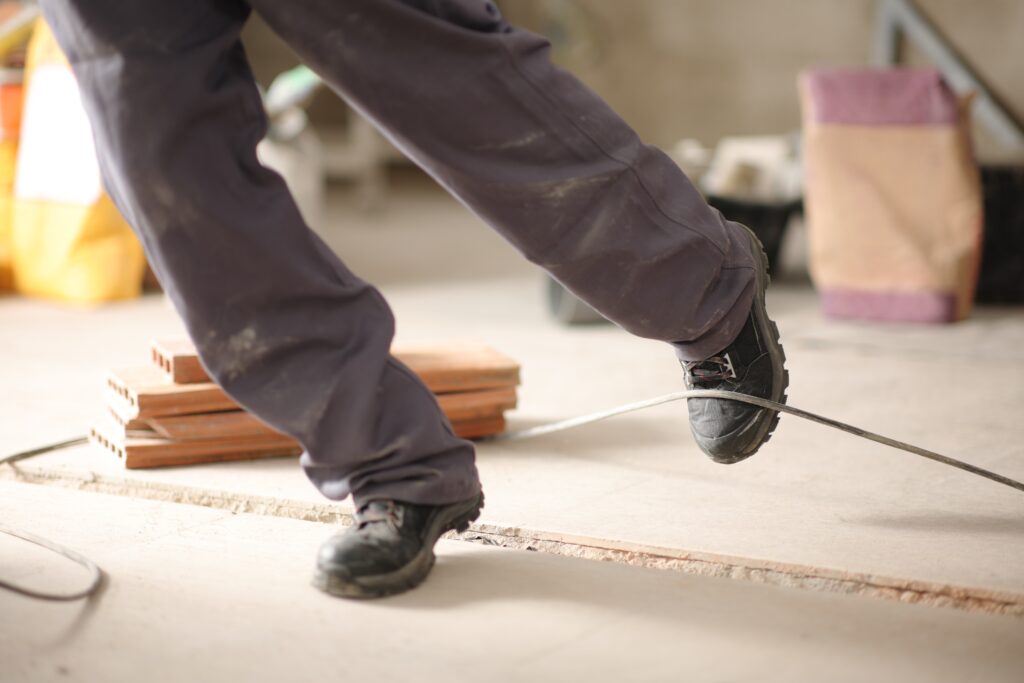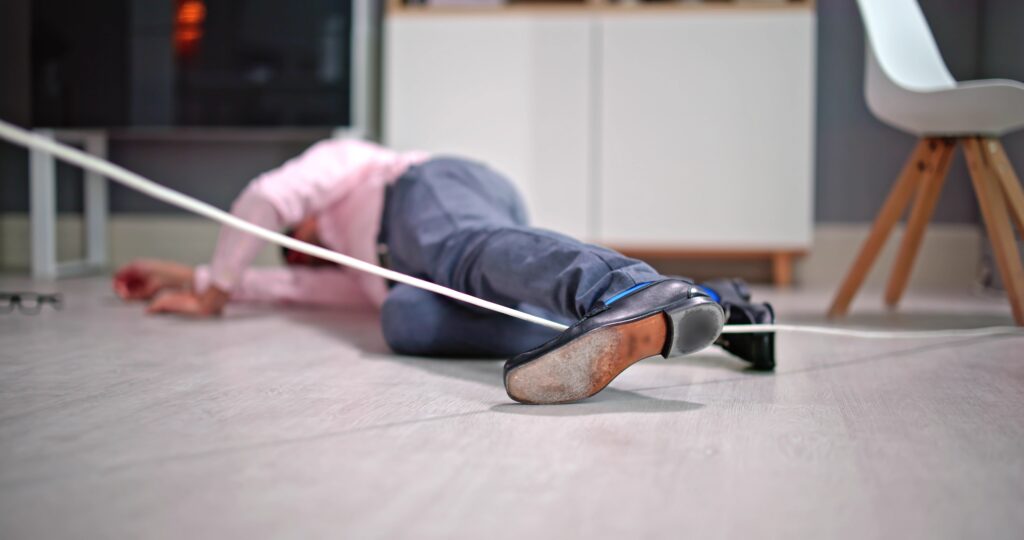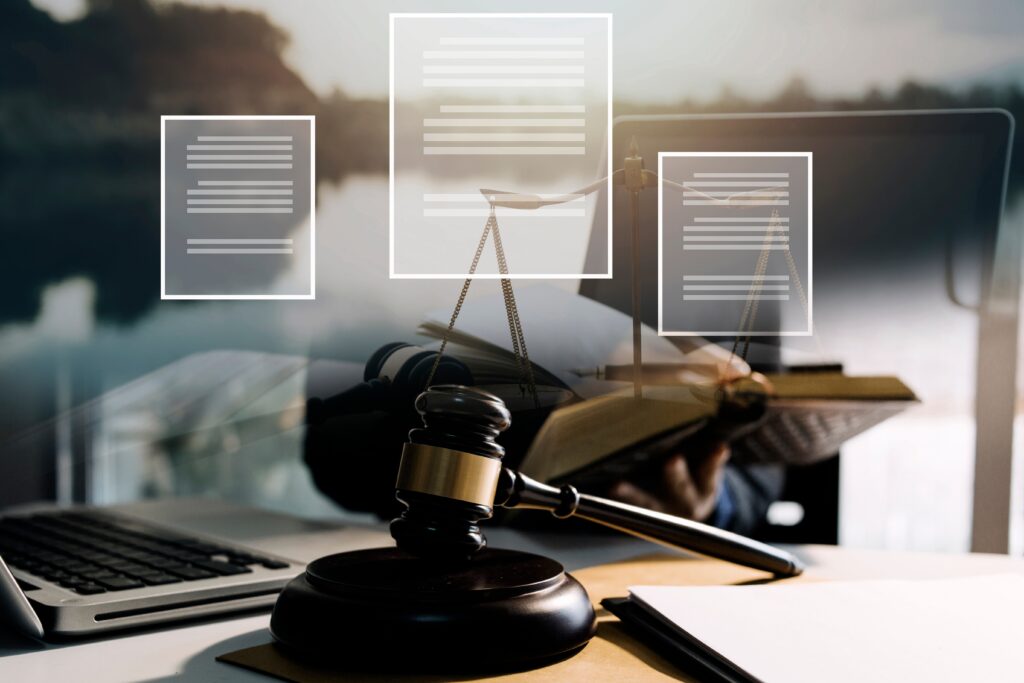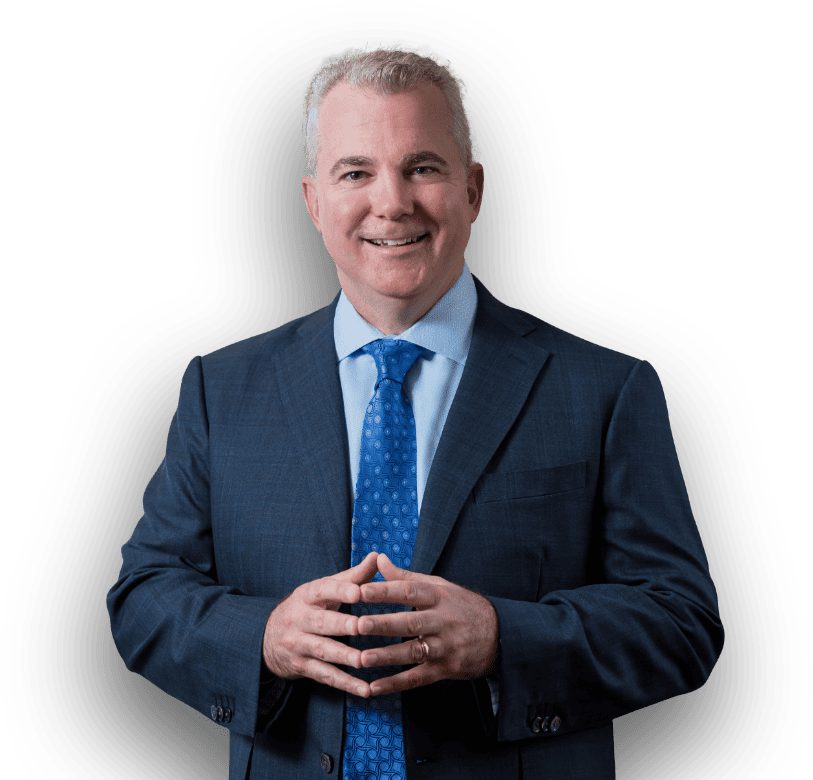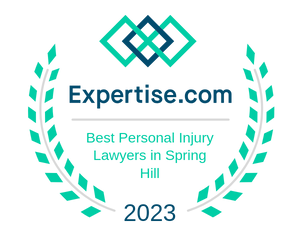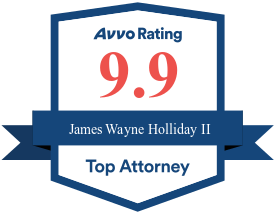Premise liability refers to the legal responsibility property owners and occupiers have to maintain a safe environment for visitors. When someone is injured due to unsafe conditions on a property, the owner or occupier may be held accountable under premises liability law.
There are many different types of premises liability accidents. If you suffer injuries on another’s property, do not hesitate to discuss your situation with a Brooksville Premises Liability attorney. The right lawyer can review the specifics of your case and determine how best to pursue full and fair compensation on your behalf.
What is Premises Liability?
Premises liability is a branch of personal injury law that holds property owners or occupiers responsible for accidents and injuries on their property due to hazardous conditions. This legal theory is grounded in the idea that property owners have an obligation to maintain a safe environment for individuals who enter their property — whether they are guests, customers, tenants, or even trespassers in some cases.
Premises liability cases can arise from various incidents, including slip-and-fall accidents, falls caused by inadequate lighting, dog bites, and more. To hold the property owner or occupier accountable, the injured party must typically prove that the injury was due to unsafe conditions that the property owner knew or should have known about.
The Duty of Care Property Owners Have
The duties a property owner has under premises liability law depend on the status of the person at the time of the incident. The law distinguishes between three types of individuals on a property: invitees, licensees, and trespassers.
Invitees
Invitees are individuals who are invited onto the property for business purposes, such as customers in a store or individuals attending a public event. They are owed the highest duty of care.
Property owners owe the highest duty of care to invitees. They must take reasonable steps to ensure the property is always safe and free from hazards. Additionally, they must regularly inspect the premises for potential dangers.
Licensees
Licensees are people who enter the property for social reasons, such as friends or family visiting a home. While licensees are not owed a higher duty of care than invitees, property owners must still take care of the property.
Property owners owe licensees a duty to warn them of any hidden dangers. However, they are not required to proactively inspect for hazards or repair them.
Trespassers
Trespassers are individuals who enter the property without permission. In general, property owners owe the least duty to trespassers.
Owners are typically only required to avoid willfully or recklessly causing harm to trespassers. Still, there are exceptions — such as in cases involving children (referred to as "attractive nuisances," such as swimming pools or playground equipment), where property owners may have additional responsibilities to prevent injury.
Common Types of Premises Liability Accidents
Premises liability accidents can occur in a wide variety of settings, from private homes to public spaces. The following are some of the most common types of accidents that result in premises liability claims:
Slip and Fall Accidents
One of the most frequent premises liability accidents is the slip and fall. These accidents can occur in various environments, including grocery stores, shopping malls, restaurants, and even private homes. Causes of slip-and-fall accidents include:
- Wet or slippery floors due to spills, leaks, or cleaning
- Uneven flooring or cracked tiles
- Obstructed walkways or aisles
- Poor lighting
Slip and falls happen quite frequently, and have the potential to cause substantial injuries to victims.
Trip and Fall Accidents
Trip and fall accidents are similar to slip and fall accidents but involve tripping over objects or hazards on the ground. Common causes include:
- Loose carpeting or rugs
- Worn or uneven stairs
- Cluttered walkways or hallways
- Electrical cords or wires in walkways
While tripping might not seem like a particularly harmful event, these accidents can result in serious injuries that require much care and recovery time.
Inadequate or Negligent Security
Property owners must provide adequate security measures in certain environments, especially where violent crimes or theft are a foreseeable risk. Inadequate security can lead to traumatic events such as assaults, robberies, or other violent crimes. Common locations where this can be an issue include:
- Apartment complexes
- Hotels or motels
- Shopping centers
- Parking lots or garages, especially at night
- Nightclubs or bars
Property owners may be liable for any resulting injuries if they fail to implement necessary security measures (such as security guards, proper lighting, or surveillance cameras).
Dog Bites
Under premises liability law, property owners can be held responsible for dog bites or attacks on their property. Depending on the state or locality, owners may be liable even if their dog had no prior history of aggression. Common locations for dog bite incidents include:
- Private homes or apartments
- Public parks or recreational areas
- Veterinary clinics or pet stores
Dog bites can lead to significant physical injuries and long-term impacts like scarring and disfigurement. Additionally, dog attacks can have serious emotional harm, especially for young children.
Swimming Pool Accidents
Swimming pools, whether public or private, pose a substantial risk for accidents if not properly maintained. Pool-related injuries may include:
- Drowning or near-drowning incidents
- Slips or falls around the pool area
- Diving board accidents
- Electrocution from faulty electrical equipment
Property owners with swimming pools must ensure the pool area is safe, provide proper fencing, and comply with local safety regulations.
Exposure to Toxic Chemicals or Hazards
Property owners can be liable if they fail to properly manage hazardous materials, such as toxic chemicals, mold, or asbestos. Injuries from exposure to these materials can result in:
- Respiratory illnesses
- Chemical burns or rashes
- Long-term illnesses like cancer or neurological disorders
These types of incidents are more common in workplaces, rental properties, and older homes that may have unsafe building materials.
Negligent Maintenance of Elevators or Escalators
Elevators and escalators can present significant dangers if they are poorly maintained or malfunctioning. Injuries resulting from faulty elevators or escalators can occur at any moment, including:
- When entering the elevator or stepping onto the escalator
- While inside the elevator or riding on the escalator
- Upon exiting the elevator or attempting to get off the escalator
Building owners and property managers are responsible for ensuring that elevators and escalators are inspected and maintained regularly to avoid accidents.
Common Injuries from Premises Liability Accidents
Injuries from premises liability accidents can be extensive and, in some cases, even life-altering. Victims of premises liability accidents can suffer a wide range of injuries, depending on the nature of the incident. Some of the most common injuries include:
- Fractures: Broken bones, particularly in the arms, legs, and wrists, are common in slip and fall accidents.
- Head and brain injuries: Concussions, traumatic brain injuries (TBIs), and other forms of head trauma can occur if someone falls or is struck by an object.
- Spinal cord injuries: Falls, particularly from heights, can cause severe spinal injuries, leading to long-term negative consequences, including partial or full paralysis.
- Soft tissue injuries: Sprains, strains, and tears in muscles or ligaments are frequent injuries in slip and fall or trip and fall accidents.
- Lacerations and bruising: Cuts, abrasions, and contusions can result from falls or coming into contact with sharp objects or debris.
Along with physical injuries, premises liability accidents can cause psychological injuries. Victims of serious accidents may suffer from emotional distress, including anxiety and depression, due to the incident and their injuries.
Evidence Used in Premises Liability Accidents
In premises liability accident cases, the plaintiff must prove that the property owner or occupier was negligent in maintaining the property and that this negligence directly caused the injury. The evidence used in such cases is critical to establish both liability and the extent of harm. Some key types of evidence commonly used in premises liability accident cases:
Photographs and Video Footage
Pictures or videos of the accident scene, including hazardous conditions like wet floors, uneven surfaces, poor lighting, or blocked walkways, can be crucial. Witnesses might have taken photos on their phones if you were too injured to do so.
Additionally, many commercial properties have surveillance cameras. Video footage from the time of the accident may capture the event itself or show the condition of the property before and after the injury occurred.
Incident Reports and Accident Logs
If the property owner or manager created an incident report at the time of the accident, it can provide valuable details about the incident, including how the injury occurred, what caused it, and if any immediate actions were taken (such as calling emergency services or addressing the hazard).
Property owners also often keep records of inspections, repairs, or maintenance work performed on the premises. These documents can show whether the owner had knowledge of hazardous conditions and whether those conditions were addressed promptly.
Witness Testimonies
Witnesses who observed the accident can provide crucial information regarding the conditions of the property and how the accident occurred. This can include statements from other individuals present at the time of the injury or people who witnessed the hazardous condition before the accident took place.
In more complex cases, expert witness testimony may also be necessary. Experts in safety, engineering, or premises management can testify about industry standards for maintenance, the design of the premises, or the safety protocols that should have been in place. They can also offer their opinion on whether the property owner’s conduct was reasonable.
Medical Records and Bills
Medical records documenting the injuries sustained in the accident are essential to establish the severity of the harm. These records will help show the link between the accident and the injuries.
Bills and receipts can help prove the economic damages resulting from your injuries, including hospital stays, surgeries, physical therapy, prescriptions, and any lost earnings.
Property Owner’s Knowledge of the Hazard
Evidence showing that the property owner or manager knew about a dangerous condition before the accident occurred is essential. This can include prior complaints from customers or employees, previous accidents at the same location, or other records showing the owner was aware of the risk but failed to address it.
Also, emails, memos, or other forms of communication within the property-owning organization that discuss the dangerous condition or the need for repairs can suggest that the property owner had knowledge of the hazard and did nothing to fix it.
Pursuing Compensation for a Premises Liability Accident
When you’re injured due to premises liability, you may be entitled to compensation for your medical bills, lost income, pain and suffering, and other damages. The process of pursuing compensation generally involves the following steps:
- Seeking medical treatment: It is essential to seek medical attention immediately after an accident, even if injuries seem minor. This creates a record of your injuries and helps to prevent complications.
- Collecting documentation regarding the incident: Gather all of the evidence and documentation concerning your premises liability accident, from witness contact information to bills and receipts. Any information you collect can have an impact on your case.
- Hiring a premises liability attorney: Hire a skilled premises liability lawyer to represent you throughout your case as soon as possible. Having an attorney on your side can yield much more beneficial results.
- Filing an insurance claim: Often, premises liability cases are resolved through insurance claims. You may need to file a claim with the property owner's insurance company to recover compensation.
- Potentially filing a lawsuit: If an insurance settlement cannot be reached or if the property owner is uncooperative, a personal injury lawsuit may be necessary to seek compensation.
Every premises liability case is different, but the most important thing is to have legal counsel. A premises liability lawyer can provide guidance and support throughout the process and protect your rights at all times.
If You’re Injured on Another’s Property, Seek Legal Guidance from a Premises Liability Lawyer
Premises liability accidents can lead to serious, life-changing injuries, and property owners have a legal responsibility to keep their premises safe for visitors. If you or someone you know has suffered an injury due to hazardous conditions on someone else's property, it's important to understand your rights and seek the compensation you deserve.
A skilled Brooksville personal injury attorney can handle the legal process, ensuring you seek proper compensation for your medical expenses, lost earnings, pain and suffering, and other damages. By holding negligent property owners accountable, you can get the financial recovery you need while also helping prevent future accidents and injuries from occurring.
